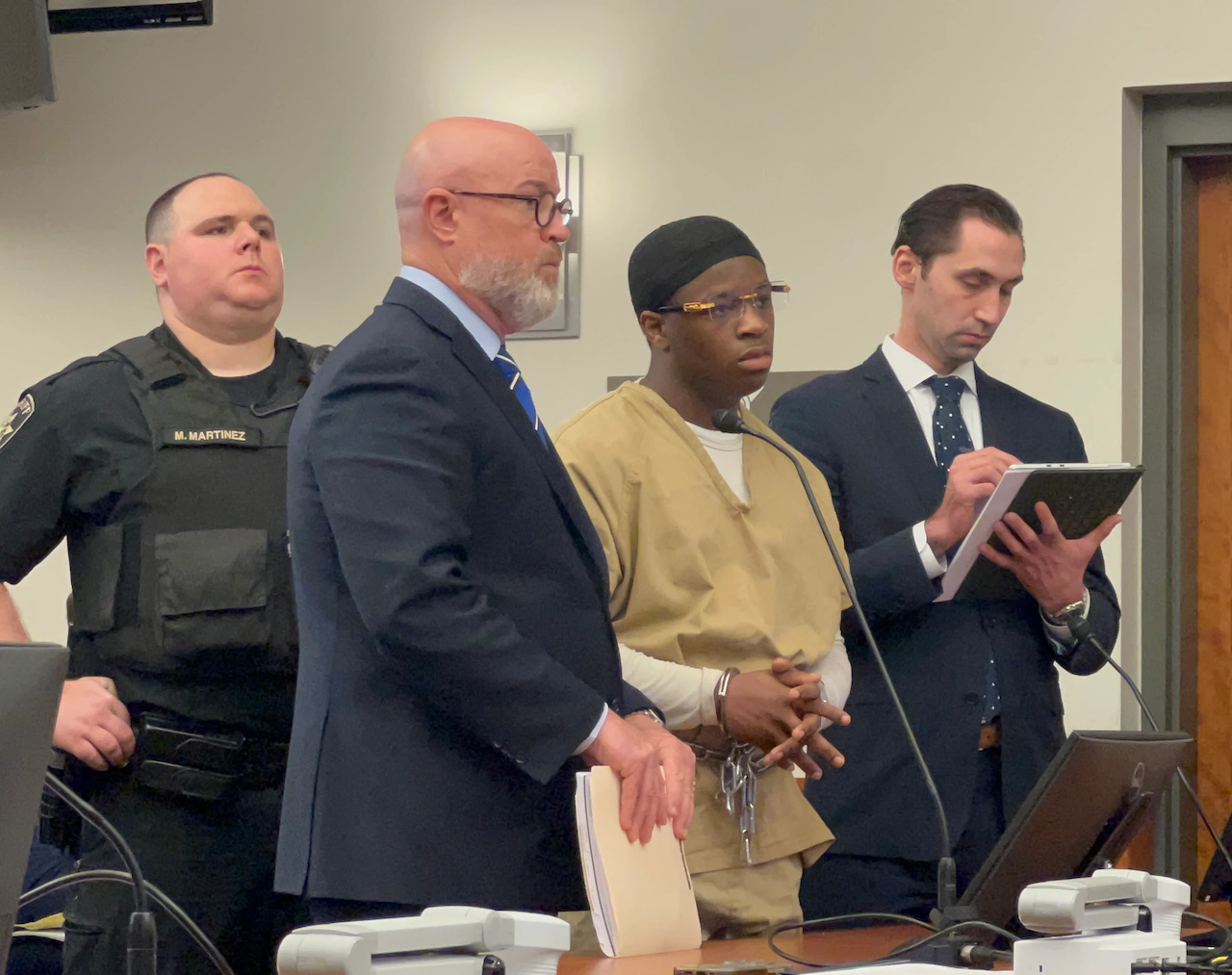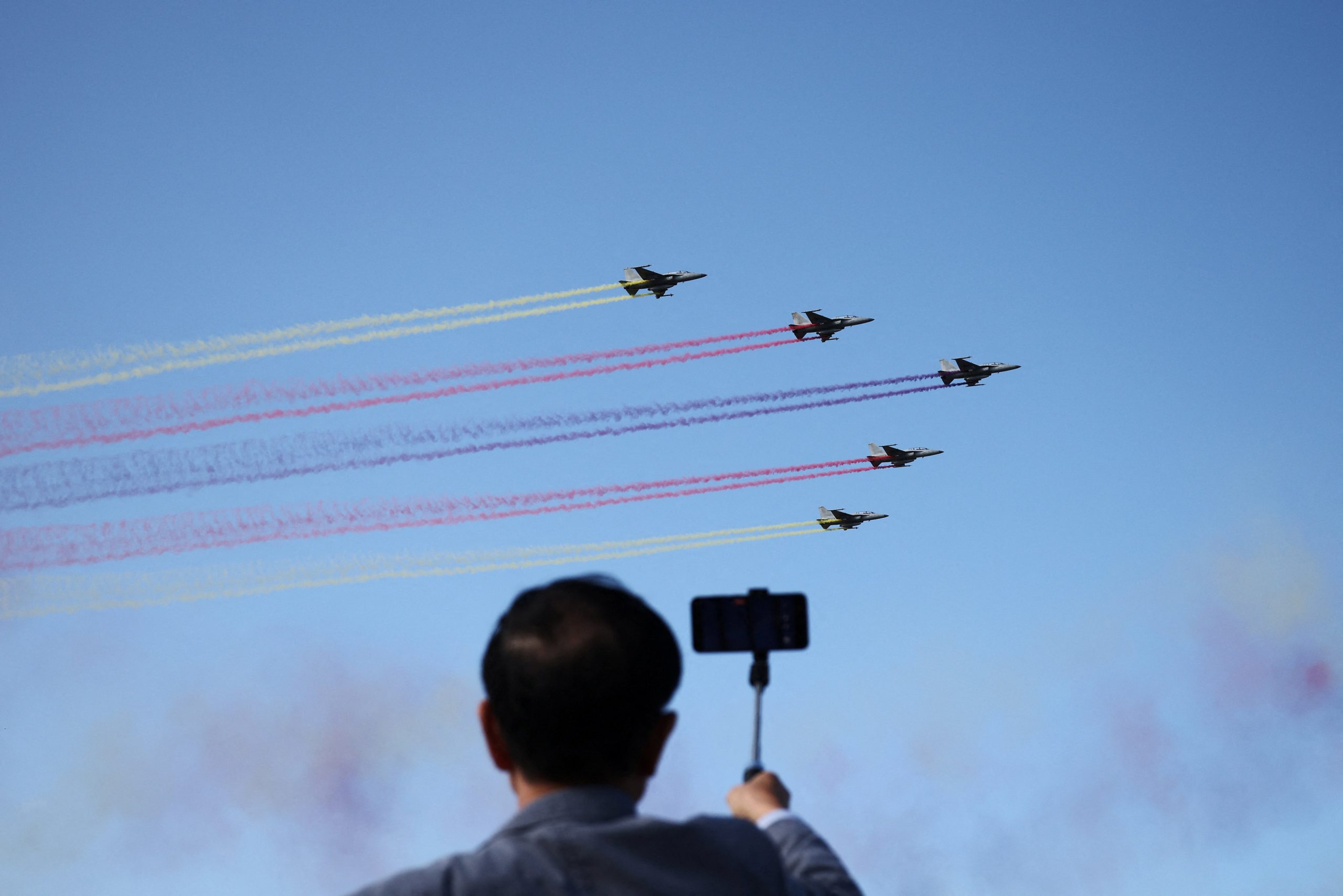Copyright kyivpost

The third iteration of Russia’s “Dialogue on Fakes International Forum” began in Moscow on Wednesday. The conference was organized by the so-called International Association for Fact-Checking (IAFC) – Russia’s pale imitation of the highly respected International Fact-Checking Network (IFCN), the international fact-checkers’ network that has been fighting Russian disinformation for the last decade. Vladimir Tabak, director general of ANO Dialog and the IAFC’s president opened the event, which he claimed was attended by representatives of more than 80 countries claiming their “global task is… to protect millions and billions of people from the disinformation they receive, and which affects their lives every day.” Sanctioned organizers and “dodgy presentations by dodgy presenters” ANO Dialog – a creation of the Moscow Department of Information and Technology (DIT) and closely linked to the Kremlin – is under sanctions for “the dissemination of online propaganda which materially supports Russia’s actions in the illegally annexed territories of Ukraine which undermine and threaten the country’s territorial integrity, sovereignty and independence.” Sanctions measures have been imposed on both the organization and their leadership by, among others, the EU, UK, US, Australia and France. The forum included presentations and panel discussions on a number of topics, the content of which was largely skewed in favor of Moscow and its “fellow travelers,” who were all allgegedly the victims of Western lies, disinformation and propaganda. Sessions carried titles such as: “The global geography of fake news,” chaired by Timur Shafir, Secretary of Russia’s Union of Journalists with speakers from ANO Dialog and RT International; “The media world after the war,” which claimed to advise on overcoming propaganda tools to “build a more resilient information space capable of resisting manipulation in the future,” also led by ANO Dialog and RT; “Almost seriously: a conversation about the real harm of fake news,” led by some of Russia’s arch proponents of propaganda including Darina Alekseeva – Editor-in-chief of the Moskvichka magazine, Ilya Bachurin – general director of Moscow’s State Cultural Institution and Daria Reshke, editor-in-chief of the “Ogorod” magazine (Garden). The forum wheeled out the “big guns” The “highlight” of the day was a talk by of Russia’s Foreign Ministry spokesperson Maria Zakharova who gave a talk entitled “#Antifake: Truth Always Wins,” in which she expounded on her ministry’s efforts to counter false anti-Russian narratives from Western sources and how on a weekly, sometimes daily, basis she “proved” the extent of disinformation to which Russia was subjected. She went on to say that Russian-US dialog was accompanied by misinformation, leaks and information from anonymous sources on Western social media in which “pseudo-sources turned quotes into slogans” beloved by the West’s “mainstream media” – the only criterion for which was for the benefit “of certain parts of the global elite.” Zakharova’s view was reinforced by an interview with Christopher Helali published in TASS on Thursday. Hailed by the Russian state news agency as an “independent US journalist, human rights activist and US Communist Party member,” Helali accused Washington of having used “misinformation and historical revisionism” since Soviet times to portray Russia as an aggressor state bent on taking over other countries. He went on to say that Russia’s special military operation – Moscow’s term for its war on Ukraine – was a source of further Western fake news items particularly the “false” accusation that Russian forces were carrying out strikes on civilians and civilian infrastructure. He said this had “absolutely nothing to do with reality,” and that it was clear that Moscow was only “delivering strikes on military infrastructure for military purposes.” A gathering to supposedly debunk the use of “fake news” particularly directed at President Vladimir Putin’s regime and the wider Russian people served only to promulgate even more pro-Kremlin and anti-Western propaganda for its audience that needed no dissuasion from Moscow’s “truths” and the West’s, primarily US, perfidy. The views expressed in this opinion article are the author’s and not necessarily those of Kyiv Post.



